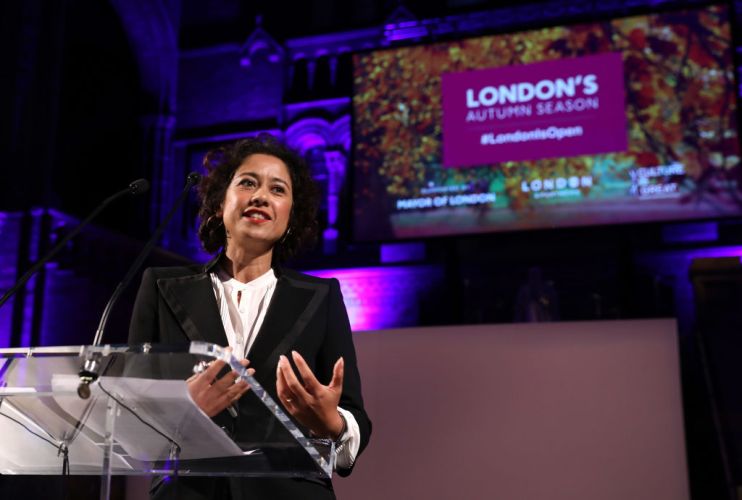Samira Ahmed reaches settlement with BBC over equal pay case

The BBC has reached a settlement with Samira Ahmed after the presenter won her equal pay case against the broadcaster.
An employment tribunal last month ruled that Ahmed was underpaid for hosting Newswatch in comparison to Jeremy Vine, who hosts Points of View.
The BBC had argued that the two presenters fulfilled “very different roles”, but the tribunal ruled that the audience feedback programmes were “the same or, if not the same, very similar”.
In a statement today a spokesperson for the corporation said: “Samira Ahmed and the BBC are pleased to have reached a settlement following the recent tribunal.
“Samira is a highly valued BBC presenter and now these matters have been concluded we all want to focus on the future. We look forward to continuing to work together to make great programmes for audiences.”
The public service broadcaster did not disclose details of the settlement, but Ahmed had been seeking as much as £700,000 in back pay.
Alastair Hodge, barrister at 5 Essex Court, said: “In my view, it is highly likely that Ms Ahmed would have received at least £400,000 in settlement and potentially a sum in excess of that figure.”
He added: “The case serves as a welcome reminder to all employers that the equal pay legislation exists for a reason — that men and women should be paid the same wage for the same work.”
Vine earned £3,000 per episode for his BBC One show between 2008 and 2018, while Ahmed earned just £440 per episode of Newswatch, which aired on BBC News and BBC Breakfast.
In a damning response to the BBC’s defence, the tribunal rejected claims that Points of View required a unique skill set, including a “certain glint in the eye”.
“We had difficulty in understanding what the respondent meant by a ‘glint in the eye’ and how that translated into a ‘skill’,” the judges said.
“The attempts at humour came from the script. Jeremy Vine read the script from the autocue. If it told him to roll his eyes, he did.”
The settlement will likely pave the way for future payouts by the broadcaster, which is currently facing a string of equal pay cases.